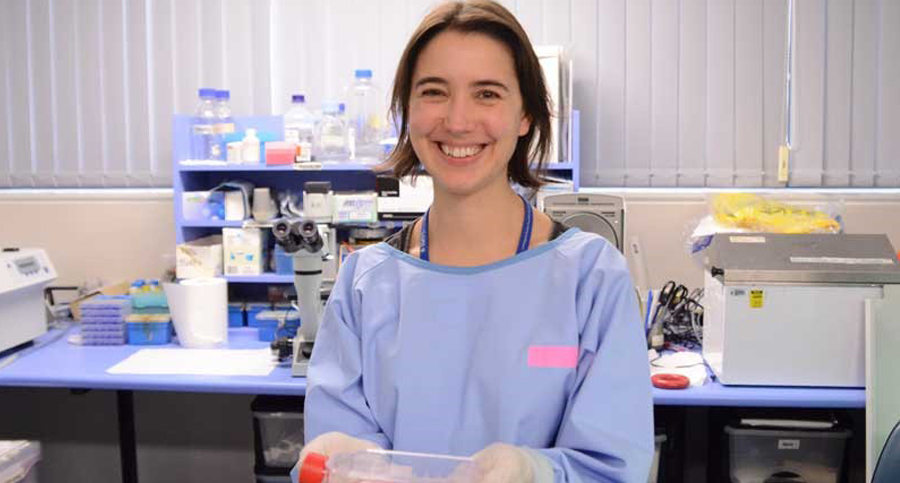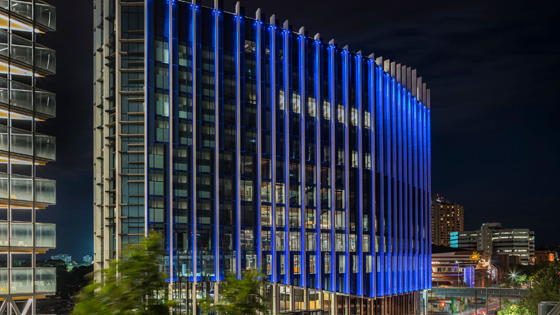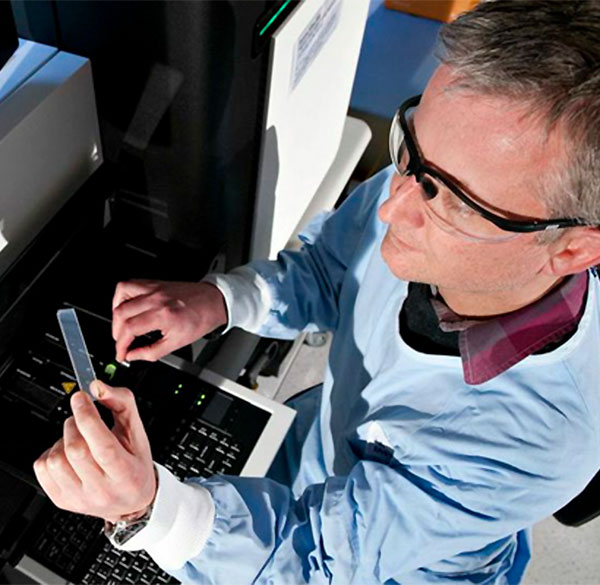
Inaugral grant awarded to Dr Tessa Gargett
Brain cancer research will get a boost this year thanks to the memorial Chris Adams UniSA Research Grant that pays homage to Chris's indomitable spirit to help others facing a brain cancer diagnosis.
Made possible thanks to Chris’s family and the NeuroSurgical Research Foundation, the inaugural grant has been awarded to Dr Tessa Gargett – an early-career researcher who is working to translate an effective melanoma immunotherapy to adult and child brain cancers.
Chris Adams lost his battle with the rare grade-three anaplastic astrocytoma brain tumour in November 2015, in the midst of his business degree, the same year he was diagnosed.
Taken far too early by a disease that has devastating effects on the lives of patients and their loved ones, Chris’ family is now dedicated to honouring his memory and spirit by supporting vital research to find a cure with the Chris Adams UniSA Research Grant.
“We would like to congratulate Dr Gargett on being the inaugural recipient of the Chris Adams Research Grant,” say Cherrie and Marty, Chris’ parents.
“We hope that the fundraising initiated by Chris and continued in his name will assist research in finding a cure for this insidious disease.”
Dr Gargett, a newly awarded Cancer Council SA Beat Cancer Project Early Career Researcher based at Royal Adelaide Hospital and the Centre for Cancer Biology at the University of South Australia, explains, “Our lab specialises in developing novel immune-based therapies that stimulate the immune system to attack and kill cancer”.
“We have had some success trialling a targeted CAR-T cell therapy in melanoma patients.
"We know that the cellular target we are using in melanoma is also expressed in brain and other cancers, so now we are working toward extending our trials so more patients can ultimately benefit – particularly for brain cancer patients as the outcomes are often so devastating.”
In Dr Gargett’s lab studies, the treatment has effectively killed glioblastoma cell lines in vitro. Once safety is confirmed, the next step will be to trial the therapy in patients at the Royal Adelaide Hospital and Sydney Children’s Hospital Kids Cancer Centre (KCC).
Glioblastoma is the most common adult brain cancer with one of the worst survival rates of any adult cancer. On the other hand, Diffuse Intrinsic Pontine Glioma (DIPG) is a rare childhood brain cancer but is the leading cause of death under 10-years of age from a brain tumour.
Brain cancers are notoriously difficult to treat and survival rates have improved very little in over 30 years. When compared to the improvements made in other cancer that were once considered terminal, the significance of this lack of improvement and need for more research is obvious.
“DIPG is a heart-breaking disease for families because there is often nothing that can be done for these young children. We hope that our research will ultimately lead to some hope for these families and adults with glioblastoma by adding to the research that will one day improve their odds of survival,” says Dr Gargett.
The funding will allow Tessa to travel and present her work at a national and international conference to share the team’s findings with other researchers. It will also allow her to spend time collaborating and learning from the projects partners at the Sydney KCC and the Peter MacCallum Cancer Centre in Melbourne.
The annual $5,000 grant has been made possible thanks to the ‘Strong Enough To Live’ campaign, established by Chris’s family and friends. ‘Strong Enough To Live’ has currently raised $120,000 to support the grant which will be awarded each year to an early-career researcher working in a field of high-quality brain tumour research.
For more information on the Grant visit: www.unisa.edu.au/Research/Research-degrees/Scholarships/Chris-Adams-UniSA-Research-Grant.

When you give today, 100% of your donation will go directly to the researchers - with no admin fees or hidden costs.
The University of South Australia (UniSA) is committed to tackling one of our most challenging diseases – cancer – by establishing the largest cohort of cancer researchers ever assembled in South Australia. Every day our experts are getting one-step closer to saving more lives as well as improving the quality of life for cancer survivors. But they need your help.
